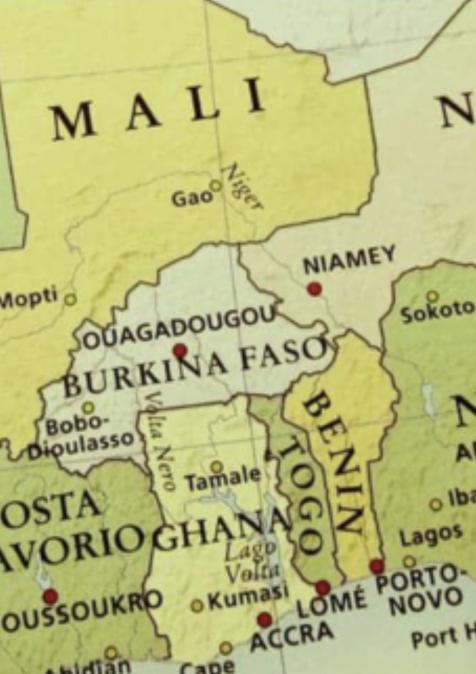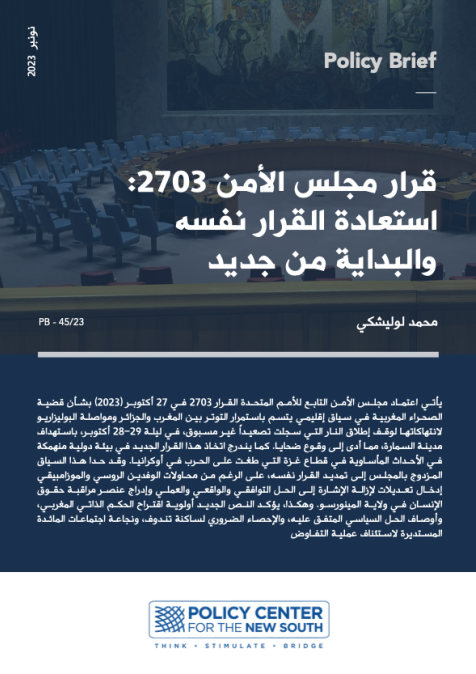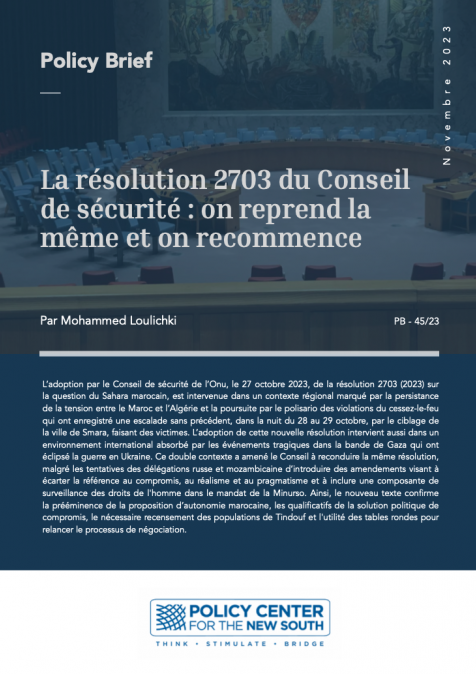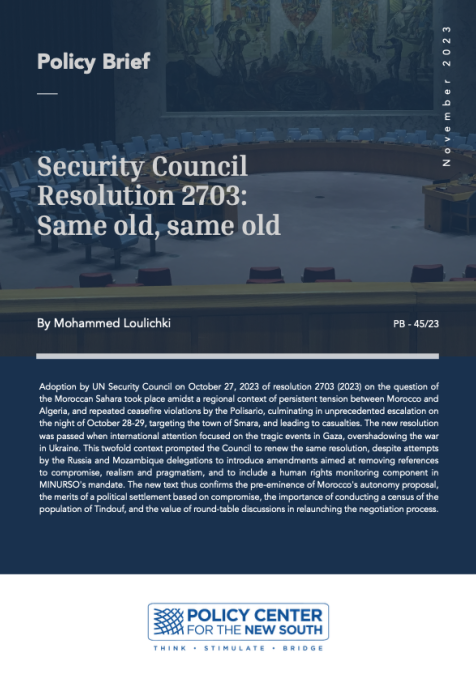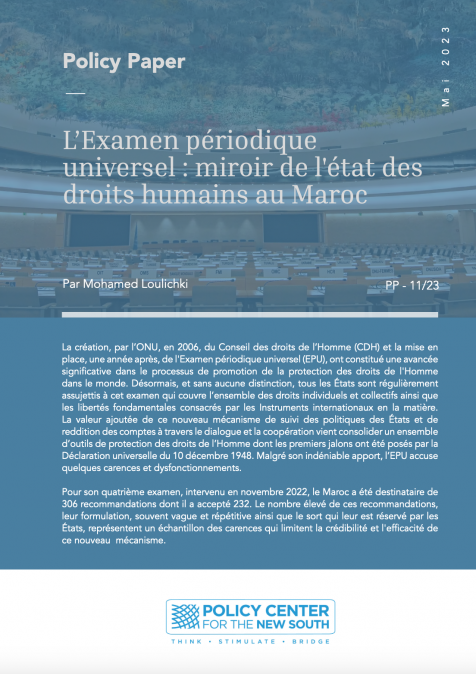L’IGAD, une communauté régionale en difficulté chronique, avec Khalid Chegraoui
Découvrez le Chapitre 2 du Rapport annuel sur la Géopolitique de l'Afrique 2020 sur l'Autorité intergouvernementale pour le développement (IGAD), avec Khalid Chegraoui, fellow au Policy Center. La situation politique au sein de l’IGAD souffre encore de ses instabilités chroniques, sauf pour trois Etats non traités dans ce papier, Uganda, Djibouti et Kenya. Le reste des pays, à des degrés différents, arrivent tant bien que mal à surmonter les démons de l’instabilité, tant sur les frontières qu’à l’intérieur des pays. En plus des challenges climatiques et de développement pour lesquels l’IGAD a été mise en place. Les constructions nationales restent à faire. Les modèles de gouvernance restent à entrevoir autrement, dans des configurations adaptées aux nécessités historiques, culturelles et sociologiques des pays, du moment que les pratiques et les expériences locales sont sujettes à plusieurs critiques et remises en question. Les instruments, outils et programmes de l’IGAD mis en place, sont restés au plan des déclarations sans applications réelles sur le terrain. À voir la situation des pays constituant l’autorité, on remarque que le grand problème aujourd’hui reste lié à la sécurité et des Etats et des frontières, en plus des défis des conditions des gouvernances locales, ajouté à cela l’extrême danger des interventions étrangères et leur mainmise sur les politiques et les économies de la région. Ce chapitre est disponible dans le "Rapport annuel sur la géopolitique de l’Afrique - 2020" : https://www.policycenter.ma/publications/rapport-annuel-sur-la-géopolitique-de-lafrique-2020



